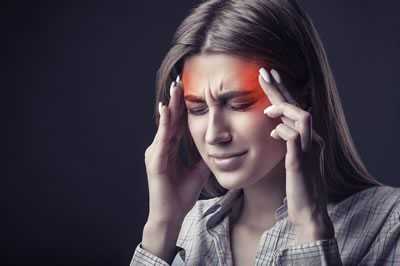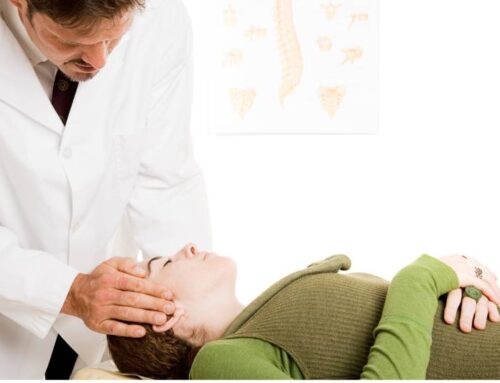While the most common causes of constant headaches are stress and tension leading to musculoskeletal headache, specialists red flag persistent headaches that become chronic after a car accident.
Because we are all unique, not everyone presents in the same way. If you suffered from headaches before the vehicular accident, you may notice that they are now more painful or more relentless. Perhaps you only noticed the onset of headaches hours, days, or weeks after the accident. But when it comes to your head and neck, rather than just hope your pain goes away on its own, err on the side of caution and have yourself checked out by a neck or headache doctor.
There are various ways you may have been injured in an accident which can lead to different headache experiences. Your headache treatment will depend on which type you have.
-
Post-traumatic headache
This type of headache can creep up slowly and may only present days or weeks after the auto accident. Trauma to the head or neck can manifest after direct contact trauma or from muscles, ligaments, tendons or nerves being irritated.
-
Whiplash headache
One of the most common occurrences following a car accident are whiplash headaches. This can occur at the base of the skull and run down the neck to the middle spine. It can feel like a burning sensation or a sharp “poke” feeling. This happens when the body is pushed forcefully in one direction, and “whips” back into position. This can occur immediately after trauma, but often can take days or weeks to reveal the true injury.
-
Post-concussive headache
As the name implies, these headaches result from chemical changes in your brain following a concussion. This happens when there is a direct contact to the head itself and the brain goes through a vibration type moment inside the skull. Often, accompanied with the neck pain and headache is nausea and vomiting, sensitivity to light, sound, and smell, dizziness, and sleep disturbances.
-
Spasm headaches
If the muscles of your neck, head, or upper back were injured from the sudden jolt, you will notice tenderness, redness, and swelling along with this type of headache. Restriction of movement and a deep dull ache is often reported. You may also have a sense of being “out of alignment” and can feel pain into your jaw when opening or closing your mouth.
-
Fracture headache
Intense pain, often at the back of the head or neck, accompanied by nausea, confusion, and slurred speech could indicate a fractured skull. This can be identified by radiographs and needs immediate medical attention for proper stability.
-
Pinched nerve
If your headache burns, and you feel numbness and tingling from the base of your skull, perhaps into the neck, back, arms or hands, the accident may have caused a pinched nerve. This can indicate possible disc irritation and needs to be evaluated by a doctor.
At the Head and Neck Centers of Excellence, we address, and look to correct the underlying cause of your pain instead of just treating the symptoms with only medication. If you are looking to heal the underlying reason for the neck pain, TMJ pain, headache, or have any of the symptoms above, contact our office to speak with one of our doctors.






